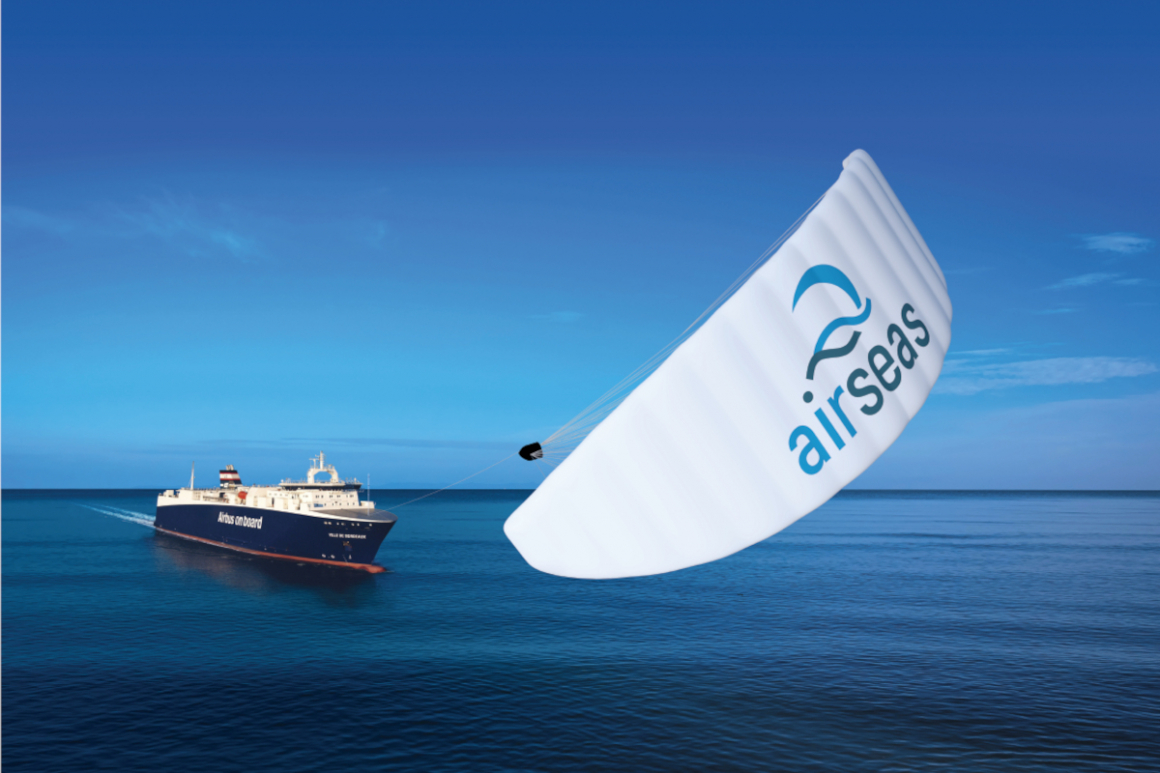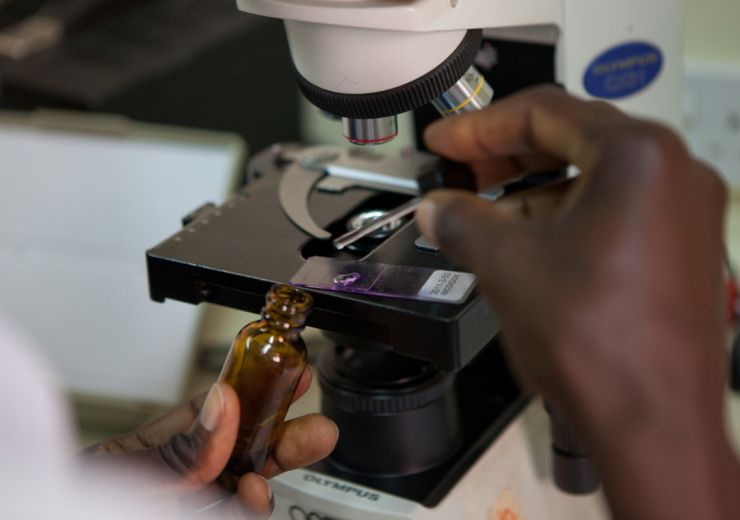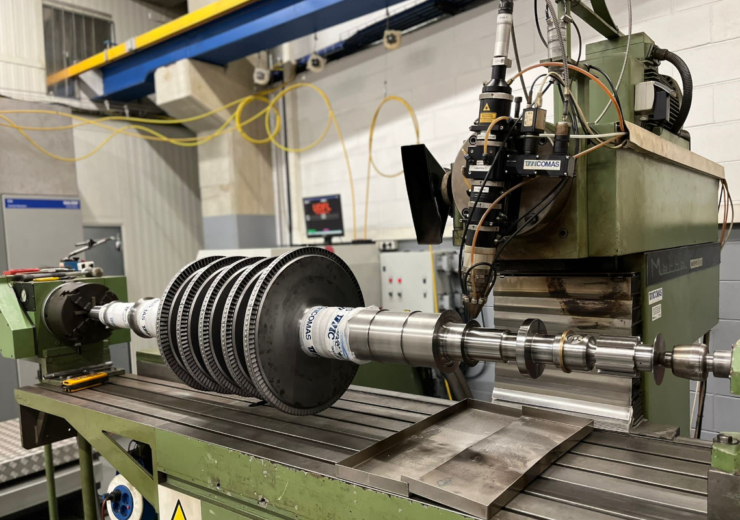The second edition of Wind for Goods, the trade fair dedicated to sailing transport, will take place on the 1st and 2nd of June 2023 in Saint-Nazaire (Atlantic France). Between the first and the second edition, the sailing propulsion sector, which was previously emerging, grew significantly. Many companies that will attend the show are innovating in this new field.
“If shipping were a country, it would rank among the world’s top ten emitters“, the US and Norwegian governments said at COP27. Pollution from shipping currently accounts for 3% of global greenhouse gas emissions, according to the International Maritime Organization. Because of this, the idea of Wind for Goods was born: a trade fair dedicated to technologies which are helping to lower the carbon footprint of maritime transport.
During the first edition of the fair, projects were just emerging. But since then, the landscape has changed considerably in terms of the search for solutions to decarbonise ship propulsion and the introduction of new restrictive regulations.
A 100% composite accordion-like sail
With the effervescence of this new sector, Les Chantiers de l’Atlantique are considering, along with their partners in the Aeoldrive rigging, constructing a “non-standard” mast factory. At the end of last year, they took delivery of their first 20-tonne mast to support a 1,500 sqm SOlidSail. According to the leading shipyard, potential customers have already expressed interest in this, such as the Nantes-based shipowner Néoline for its sailing cargo ship project.
Invented by Les Chantiers de l’Atlantique, SolidSail is a 100% composite sail that folds and unfolds like an accordion. It is designed to propel the Silenseas, a sailing liner concept under development at Les Chantiers de l’Atlantique, as well as sailing cargo ships. Les Chantiers de l’Atlantique estimates that such a solution could reduce C02 emissions by up to 40%.
Two innovative sailing ships for the Accor hotel group
Sailing ships are also of interest to the luxury tourism sector. A subsidiary of the Accor hotel group, Orient Express, which operates luxury tourist trains, is to place an order with Les Chantiers de l’Atlantique for two sailing ships, based on the Silentseas project, which can carry up to 120 cruise passengers. The first is to be delivered in March 2026 and the second a year later.
This first 220-metre three-masted ship will be powered by LNG (liquefied natural gas) engines and 4,500 sqm of innovative sails, fixed to 100-metre high masts. For Les Chantiers de l’Atlantique, a new industrial era centred on sailing ships is beginning. In total, with orders for the Orient Express and Neoline, the yard already has eight masts and sails to manufacture. They are already considering creating new factories if these sailing ships are successful.
The Neoliner, an innovative cargo ship
The French company Neoline is starting the construction of its first Neoliner, a sailing cargo ship with diesel propulsion, designed for the transportation of carbon-free goods. Scheduled for mid-2025, this cargo ship equipped with SolidSail sails will operate on a transatlantic route linking Saint-Nazaire, Saint-Pierre-et-Miquelon, Baltimore in the United States, and Halifax in Canada.
With a budget of €60 million, the 136-metre-long cargo ship with 5,000 tonnes of freight is supported and co-financed by CMA CGM, Ademe Investissement, the Atlantic France region and Corsica Ferries.
Zéphyr et Borée: the first sailing container ship
In recent years, the Atlantic region of France has seen a number of young companies enter this promising new niche. This is the case of the company Zéphyr et Borée which is developing the first ever sailing container ship.
The Nantes-based company has also come up with the Canopée sail cargo ship, specially designed to transport ArianeGroup’s Ariane 6 launcher between Europe and Kourou, in French Guiana. This 121-metre, 10,000-tonne vessel, which is presented as the first French cargo ship specifically designed to navigate with a velvet propulsion system, will receive its four Oceanwing wings in 2023.
These wings are manufactured by Ayro, a company based in Caen, which has obtained European funding as part of its participation in the WHISPER energy transition project; the aim of which is to develop a solution to significantly reduce greenhouse gas emissions from long-distance maritime transport.
Airseas’ giant kites and the association Wind Ship
Among the companies in the region that have distinguished themselves in this new sector are also Airseas, with its giant kites that are used to reduce the energy consumption of commercial ships, and the Nantes-based association Wind Ship, that brings together the major players in the sector and is working to develop cleaner, low-carbon maritime transport by using wind energy.
The association has recently joined forces with the IRT Jules Verne to help structure and support the national development of the sail transport sector. 32 maritime transport companies are currently involved.
A €70 million fund
As proof that the sustainable maritime industry is a sector of the future, the independent management company Go Capital launched the Impact Océan Capital Fund at the beginning of 2023, endowed with more than €30 million and dedicated to financing innovative companies in the maritime economy in France.
This fund, which will eventually be endowed with €70 million, aims to support and finance innovative projects from start-ups and SMEs in the maritime industry that contribute to the ecological transition and the modernisation of the sector.


 日本語
日本語  Français
Français 



